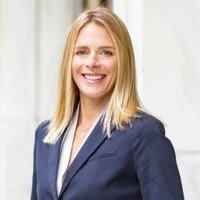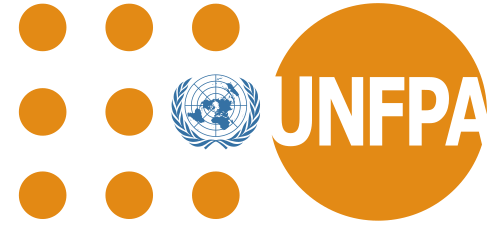Midwives in Crises: Securing Maternal & Newborn Health in Humanitarian Settings
Submit a question
Midwives and health workers are on the frontlines supporting women and families confronted with conflict and crisis. They deliver care throughout the life course supporting births both inside and outside of clinical settings, providing services to survivors of sexual and gender-based violence, and protecting the health, well-being, and rights of those in need. In crisis settings, the work of health workers is even more critical. Half of the 84 million forcibly displaced people worldwide (internally displaced and refugees) are women and girls. Within conflict settings, women and girls have additional sexual and reproductive health needs due to increased vulnerability, greater risk of gender-based violence and experiencing sexual violence as an act of war, and higher likelihood of infectious and other diseases. To improve the life-saving care that midwives provide, particularly to women and girls in humanitarian contexts, international actors must recognize and support the essential role of midwives.
Please join the Wilson Center’s Maternal Health Initiative and UNFPA, in collaboration with the Inter-Agency Working Group on Reproductive Health in Crises (IAWG) and White Ribbon Alliance, for a panel discussion on maternal and newborn health in humanitarian settings and the important role of midwives in these contexts. Panelists will share strategies to strengthen midwifery-led health care through targeted investment, training, and improved collaboration and referral pathways within the larger health in humanitarian settings context.
Please send questions for our panelists to mhi@wilsoncenter.org and follow the conversation on Twitter at @Wilson_MHI, and on Instagram at @MaternalHealthInitiative using the hashtag #MHDialogue. Find more coverage of these issues on our blog, NewSecurityBeat.org/Dot-Mom.
Speakers
Moderator

Panelists
Hosted By

Maternal Health Initiative
Housed within the Wilson Center's Environmental Change and Security Program, the Maternal Health Initiative (MHI) leads the Wilson Center’s work on maternal health, global health equity, and gender equality. Read more


Environmental Change and Security Program
The Environmental Change and Security Program (ECSP) explores the connections between environmental change, health, and population dynamics and their links to conflict, human insecurity, and foreign policy. Read more


Middle East Program
The Wilson Center’s Middle East Program serves as a crucial resource for the policymaking community and beyond, providing analyses and research that helps inform US foreign policymaking, stimulates public debate, and expands knowledge about issues in the wider Middle East and North Africa (MENA) region. Read more



